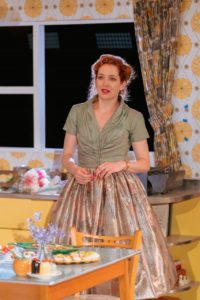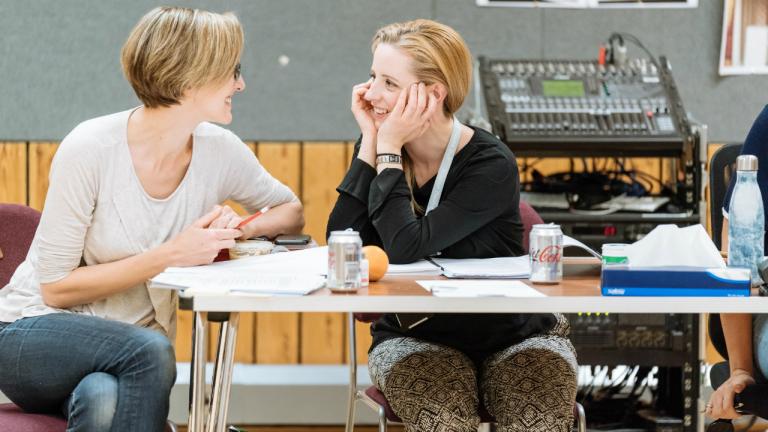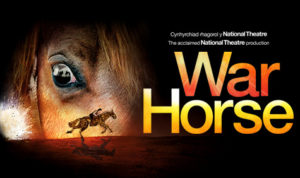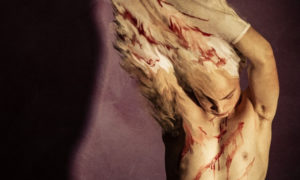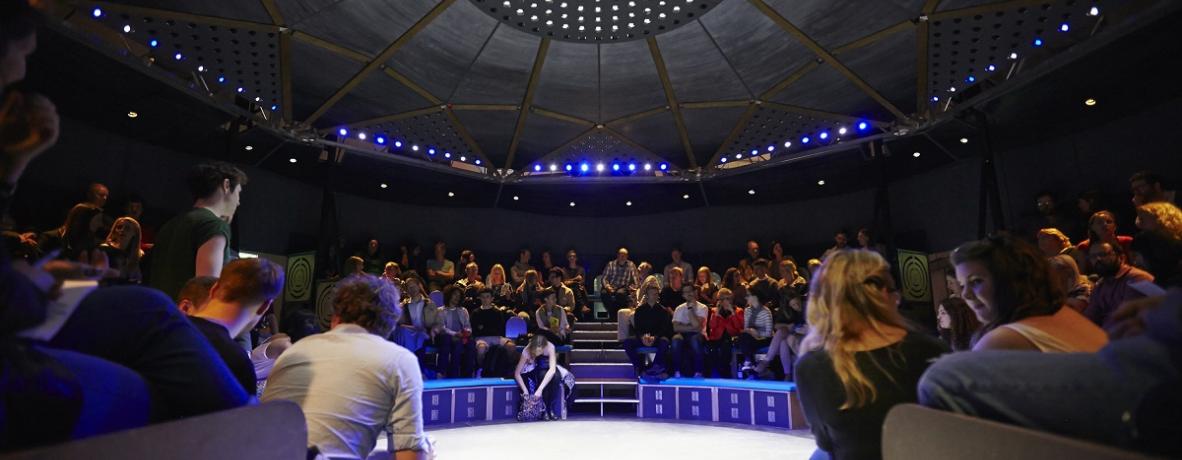 (3.5 / 5)
(3.5 / 5)

Cotswold Arcadians 2018 Shakespeare production, performed outdoors in the gorgeous surroundings of Hatherop Castle, is The Bard’s exquisite comedy, “Twelfth Night or What you Will”.
This tale of mistaken identity, cross-dressing and humiliation is regarded, by many, (including myself), as Shakespeare’s finest comedy.
Viola has been rescued from a storm at sea and lands on Illyria. She believes that her twin brother Sebastian has not survived the ordeal and has drowned. Disguising herself as a young man, she enters the service of Duke Orsino. The Duke belives himsellf to be in love with the highly desirable countess Olivia, and uses Viola, (now known as Cesario to act as a go-between to aid his courtship. Olivia, much impressed with Cesario, fulls in love with him. Cesario, in the meantime fulls in love with Orsino. Still with me? The matters are brought to their conclusion when Sebastian enters the confused threesome’s world and all is happily resolved.
Sub-plots involve some of Shakeseare’s most famous creations. Sir Toby Belch, (Countess Olivia’s kinsman), who is fervent i n his desire to live the heady time of “cakes and ale”, typical of the twelve days of Christmastide to its utmost. His silly friend, Sir Andrew Aguecheek, Olivia’s fool Feste, (although he disputes his role himself), Maria, (Olivia’s gentlewoman companion), and Flavia, (a servant in Olvia’s household). combine to humiliate Malvolio, (steward to Olivia), because he is a prig and pompous fellow, full of his own self-importance. “Some are born great, some achieve greatness, and some have greatness thrust upon ’em.” (Act II, Scene v), read out by Malvolio from a letter written by Maria, and thereafter used as his creed.
One of The Bard’s themes in this play is to bring attention to the controversial law regarding no female performers at this time being allowed on stage. Therefore, young boys tended to play women parts and this led to inevitable problems relating to sexual exploitation, homosexuality and prostitution.
Since 1991, Cotswold Arcadians have produced an annual Shakespeare production, which has been performed at Hatherop Castle for the past fifteen years or so. The Company has acquired a respected reputation within the amateur theatrical world, and has been recognised by the Royal Shakespeare Company, in its Open Stages project as a Company worthy of assistance, and this has been shown through members taking parts in workshops at Straford-upon-Avon.
Director Geoff Butterworth has set the plot in the 1920’s, the Jazz Age era. This is exemplified by period costume and a live band playing 1920’s hits. This isn’t the first time that I have seen a Shakespearean play adapted in this way. Back in 1992, I enjoyed David Thacker’s, “The Two Gentlemen of Verona” which did exactly the same thing. It work’s well, although I felt that the frivolous nature of flappers and The Jazz age is a little at odds with the Yuletide setting of “Twelfth Night”. The hot summer evening didn’t help either, but, I would much prefer viewing in this climate outdoors, than a cold January night in a deep beak winter.
The grass stage lies between two temporary stands in a traverse style. On either side of the space there are two primitive doors, one of which has a raised balcony . The four-piece band is placed just off-stage.
The quality of acting is of a good standard and in some instances reaches a height that would grace a West End stage.
Samantha Swinford as Viola/Cesario, after a nervous start, grows into her role and is particularly good at displaying masculine gait and characteristics. I watched the first night of this production, and based upon her improvement as the play progressed, I believe that she will do full justice to this demanding role.
Olivia, (Lizzie Leach) and Maria, (Heidi Price), both possess fine voices for Shakespeare and are equally impressive.
Fabia, (Caz Shaw) delivers her lines with a deadpan voice, if she added a rural Berkshire accent, with her appearance, you could take her for a youthful Pam Ayres.
On the male side, I warmed to Tony Free’s, Sir Andrew Aguecheek. It is easy, (and indeed I have witnessed it in a RSC production), to overplay this part, and it must be tempting to do it, but in this case the balance is spot-on. Some of the best scenes are reserved for his interaction with cronies, Sir Toby Belch, (Dave Kilmister), and Feste, John Salter), both of whom are also very good.
Jonathan Vickers, as the humiliated and somewhat tragic Malvolio is excellent, both in his early pomposity and latterly as the affronted victim.
There are no weakness in the remainder of the cast who collectively pull off a highly accomplished performance.
Veteran director Geoff Butterworth keeps the action rolling along at a good pace and shows nicely judged delicate touches. I feel that he should reconsider the opening scene whereby Viola’s voice is largely rendered inaudible due to sound effects of the tempest. I feel that Viola’s voice should be amplified somewhat whilst the effects moderated to get a balanced result. I also felt that the actors’ voices were louder after the interval, and as it being an outdoor production, this greatly added to the enjoyment. The actors’ delivery of both prose and iambic pentameter are conscientiously delivered.
I am not sure whether the live band worked that well. It seemed to me to be an odd variety of instruments and may have been improved by just a soloist or duo. Piped music may even work better. To have a live band is ambitious, but you need it to work well, and to depict the Jazz era more realistically, I feel the playing needs more zest.
These issues aside, this is a worth presentation of one of Shakespeare’s best loved plays and together with its idyllic outdoor setting marks an enjoyable evening’s entertainment in the Cotswold, on a warm summer’s evening.
The performance runs for about 160 minutes including a 15-minute interval. It continues to run until July 28th.
Continue reading Review of “Twelfth Night” performed at Hatherop Castle by Roger Barrington




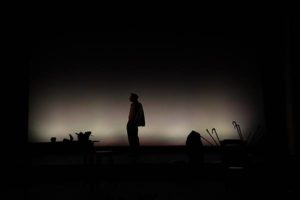






 (4.5 / 5)
(4.5 / 5)
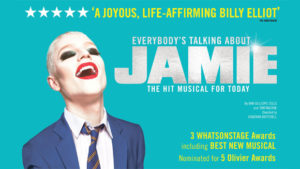
 (3 / 5)
(3 / 5)



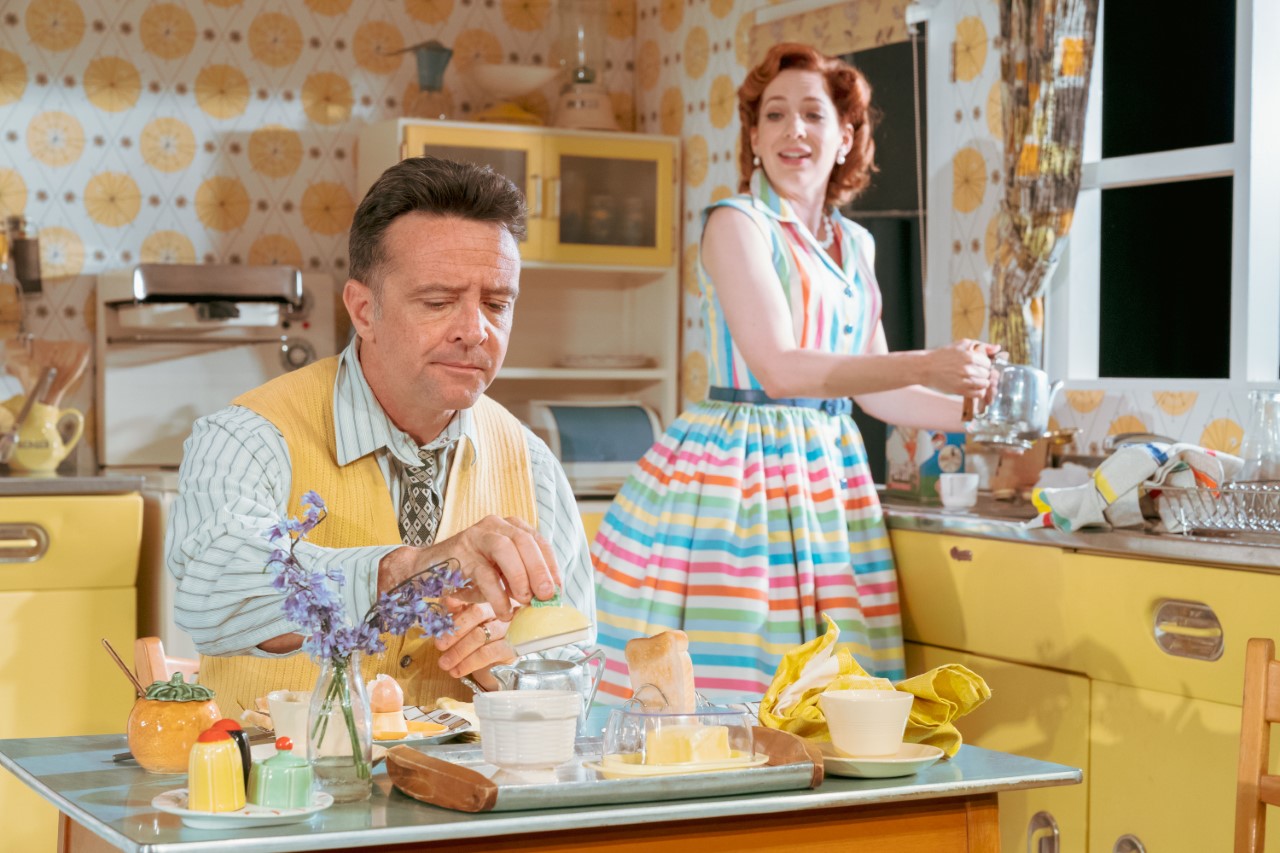
 (4 / 5)
(4 / 5)
